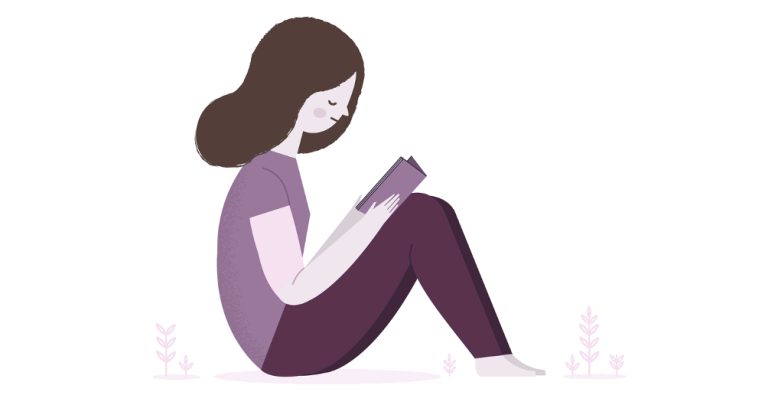How to Become a Reading Role Model in Primary School

Reflect on and share your own experiences in order to support your pupils

Do the children see you as a reader, a teacher or both? Do they know anything about your habits, interests, likes and dislikes as a reader? Although all primary practitioners teach reading and seek to develop readers, only a proportion of practitioners become reading teachers. A reading teacher is a teacher who reads and a reader who teaches.
UKLA and OU research evidence from the ‘Teachers as readers’ project suggests that reading teachers make a positive difference both to children’s identities as readers and their pleasure in reading.
Reading teachers are not only motivated and enthusiastic fellow readers (with a rich repertoire to draw upon), they are also thoughtful and interactive reading role models.
Such teachers investigate their own experiences of reading and being a reader in order to support children as readers.
By holding up a mirror to yourself as a reader and reflecting on your past and present practices and experience of reading you’re likely to begin to see reading differently and enrich your understanding of this social, cultural and personal phenomenon.
In turn, this may prompt you to creatively adapt your pedagogy and the way you position yourself in the classroom – informally as a reader and as a teacher of reading. Both positions count and work in tandem.
As a profession we focus predominantly on the latter – the instructional stance – yet the personal stance has considerable benefits if we want to nurture children’s pleasure in reading.
To develop as a reading teacher, you could:
Explore text diversity
Create a ‘reading river’ of everything you read over a weekend. Your collage of magazines, emails, tweets, newspapers, books, recipes, school texts and junk mail will demonstrate the diversity of your everyday reading.
But is this what counts as reading in school? Who defines this? If children capture their everyday reading, then you’ll find out about their practices and preferences too, with implications for the texts you make available.
Explore the power of affect
Try to notice when a text moves you – to sorrow, irritation, empathy or laughter – and share this with the children by explaining your anger at a news article, your sadness at a character’s demise or your delight at new information.
When we read for meaning we respond affectively and you’ll find the children will open up too, sharing their personal emotional responses reader to reader, both with you and their friends.
This deserves to be modelled and supported as part of being a reader.
Explore the social nature of reading
By noting who you talk to about different texts (face to face and online), you’ll be reminded of how social reading is and how we make sense of texts through conversation, stretching what we know and understand about the world.
If you make space for such informal, non-assessed book blether in class you’ll find yourself making more connections and building closer reader relationships with children.
Explore readers’ habits
Try documenting your habits as a leisure reader. For example, where do you like to read and when? Do you re-read favourites or sections to remind yourself what’s going on, skip descriptive passages, doodle as you read or read several sources to check information?
Discussing your own and the children’s habits can highlight the uniqueness of readers and trigger activities that recognise and respond to this diversity.
Explore readers’ rights
Look at the Quentin Blake illustrated poster version of Daniel Pennac’s The Rights of a Reader and note which ones you exercise.
For example, do you read the end of a novel before you get there, choose not to finish a book, have several texts on the go or dip in and out?
Try creating a display of unfinished books, prompting discussion and the chance for some children to find something more satisfying.
Reading teachers are not simply enthusiastic reading role models. They are highly reflective practitioners who work to understand more about reading and being a reader in order to support their children as readers. They realise readers are individuals, seek authenticity and take responsibility for exploring and shaping what counts as reading in their classrooms.
Teresa Cremin is professor of literacy in education at the Open University. A former primary teachers and initial teacher educator, she now researches, speaks and writes about ways to support children becoming engaged readers and writers.
For more ideas to support your journey as a reading teacher see the OU Reading for pleasure website at researchrichpedagogies.org/research/reading-for-pleasure. Follow her on Twitter at @teresacremin.











